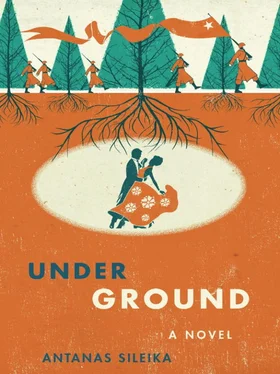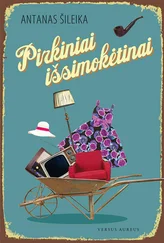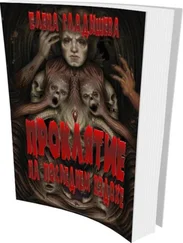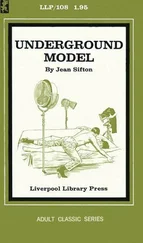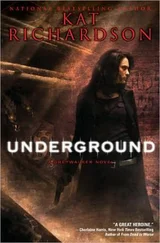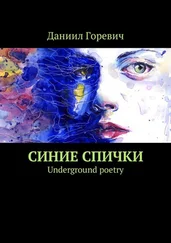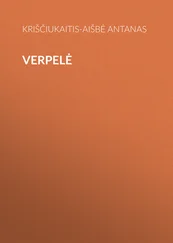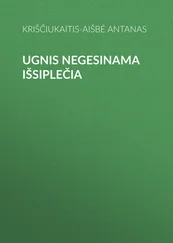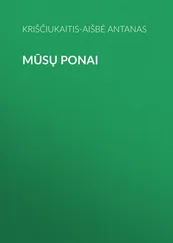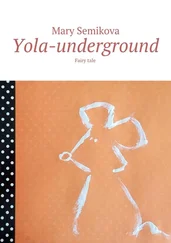Lukas ended up living in a dormitory with bedrooms on the upper two floors and a kitchen and common room on the ground floor. His place was on the third floor, where he was one of five young men assigned to a room with two double beds and two desks. Farm boys were used to sharing beds; better to share a bed than be the last one in at night and consigned to sleeping on the floor.
In addition to Rimantas, Lukas shared the room with Lozorius, Ignacas and a quiet lowlander, the latter a friend of his brother’s who had left the seminary when he lost his calling. Some studied history and others literature, and their room became the centre of activity in the dormitory because the engineers, chemists and architects found the humanists entertaining.
Lukas came in one night after dark to find that his roommates had several guests in the common room. Ignacas had received a package of food from his parents in the country, and Lozorius had brought in a couple of litres of home-distilled samagonas . The room was full of smoke and laughter, the first such party that Lukas could remember since the arrival of the Reds.
Steadily supplied by his parents with smoked sausages and butter, and somewhat richer than the others as an only child, Ignacas had a ruddy face at the best of times, and now it shone brightly with sweat and alcoholic elation. He was the only fat young man that Lukas knew. As the donor with the most food to contribute to the party, he had been given the most to drink by Lozorius, whose ears turned red when he drank. Ignacas’s cheeks were as red as Lozorius’s ears, and he was holding forth on the political situation, egged on by the less talkative engineers.
“I predict that the war with the Americans will begin as soon as the two armies meet in Germany,” he said. “The Americans will take one look at their so-called allies, the Reds, recognize them for what they are, and push them all the way back to Moscow.”
Lukas’s smile faded and he looked around the room to make sure he knew everyone there. It was not the kind of subject one raised in public. But none of the students present belonged to the Komsomol and none of their parents, as far as he knew, worked for the Reds.
“Do you think those Soviet soldiers want to be there any more than we do?” said the lowlander. “They’re not even real Reds. They’re Byelorussians, Mongolians, Ukrainians and who knows what else. The Reds gathered up all the provincials to throw at the Germans first, to wear them out.”
“Politics, politics,” said Rimantas. “Hasn’t anyone read any good poetry lately?”
The others hushed him.
“Don’t think the Americans will go to war because they don’t like the look of someone’s face,” said an engineer. “Why should they keep on fighting after the Germans are beaten?”
“Because they signed the Atlantic Charter,” said Ignacas. “Roosevelt and Churchill met in Newfoundland before the Americans even entered the war. The charter says we all have the right to self-determination and no territorial changes will be made without the agreement of the people.”
“All very sweet,” the engineer replied, “but what do the Reds care about this charter?”
“They signed it too,” said Ignacas.
The room broke out in laughter.
Ignacas was a good-natured man, so he laughed at himself along with the others. He laughed so hard that he had to wipe tears from his eyes before going on. “Europeans are one big family, and the Americans are just an extension of that. They would no more forget us than they’d forget their children.”
“My father forgets me whenever I ask for money,” said the engineer, “but he remembers me again when it’s time to harvest back at the farm. The Americans are like that too. They’ll remember us when they need us.”
This statement brought on a note of sobriety, because no one could think of anything the Americans would need the Lithuanians for.
The next day, Lukas was asked to go out with an expedition to dig peat for the coming winter to heat the university buildings. It was already September, too late to dry the peat well for the winter, but the university was desperate. Thus, for a week Lukas spent his time digging up squares of peat and then going back the next day to turn them so they dried more quickly. The expedition had difficulty finding transportation to bring the peat back to Kaunas because farm horses were in short supply due to the war and the harvest season, but eventually they had the damp squares stocked in the sunny library courtyard in the hope that they would dry in time to be used during the winter.
When Lukas finally made it back to his dormitory room at midday a week later, he found Lozorius sitting on the bed. Lozorius had prominent ears and eyes a little more widely spaced than most. He was usually in high spirits, but when Lukas looked at him Lozorius stared back with a stricken face.
“What are you doing here?” asked Lozorius.
“I’ve come back from the peat expedition. I was just going to clean up and go to my afternoon class.”
“I thought they might have taken you. Ignacas was taken away this morning. They’ve taken your brother too.”
“Taken Vincentas? Where?”
“To prison.”
“What for?”
“Nobody knows for sure. They took me too, but they let me go.”
Lukas’s first thought was for his brother, but Lozorius continued to wear an odd look. “What happened to you?” asked Lukas, sitting down beside him.
“They signed me up.”
“Who did?”
“The Cheka.”
These were the secret police, the interior and exterior troops who called themselves NKVD or KGB or MVD and various other names. But to the people, they were Cheka. To join them, to become a Chekist, was to join the Reds at their worst.
“Why did you agree?”
“Not much choice. No one knows where my father is. He went to visit his brother while the front moved across Lithuania and he never came back. Maybe he’s been killed or maybe he went west. But they said his absence makes me suspect. They said they’d have to keep me under lock and key unless I agreed to work for them.”
“Doing what?”
“Reporting on what all of you say.” Lukas grimaced involuntarily, and Lozorius put his hand on his forearm as if to hold on to their friendship. “I can’t stand to be locked up. I need to be free.”
“Some freedom.”
“I shouldn’t be telling you this. But do me a favour. Spread the word about me, will you? I don’t want anyone talking politics in my presence.”
Lukas drew his arm out from under Lozorius’s hand. No matter how much his friend protested the impossible circumstances of his situation, Lukas was slightly disgusted by him. He should have found another way out. More pressing, though, was the matter of Vincentas.
The seminary was a short walk from the university, in a walled compound of a former Bernardine convent. It had been a very beautiful place, with a fine baroque church, but both the German and Red armies had used the seminary, and the walls were broken in places and the roof of one of the stables had caved in. The late summer air made the benches beneath the trees seem attractive at a distance, but the bench that Lukas passed had a turd on it.
The cleric at the reception desk seemed preoccupied, even angry, and could tell Lukas nothing about his brother. Lukas had to search out his brother’s roommates, whom he found smoking outside the library. They were not much more forthcoming than the cleric at the reception desk, but Lukas did find out that his brother had been one of three seminarians taken away to prison. No one knew why.
The prison administration would tell him nothing either, whether Vincentas was there or had been shipped out, but a pasted notice in the reception room said packages were accepted for inmates between ten and noon each working day. That night Lukas put together a parcel containing bread, smoked meat from home, a change of clothes, a comb, soap, toothpaste and a toothbrush. The package was accepted the next day. Now, at least Lukas knew where his brother was.
Читать дальше
